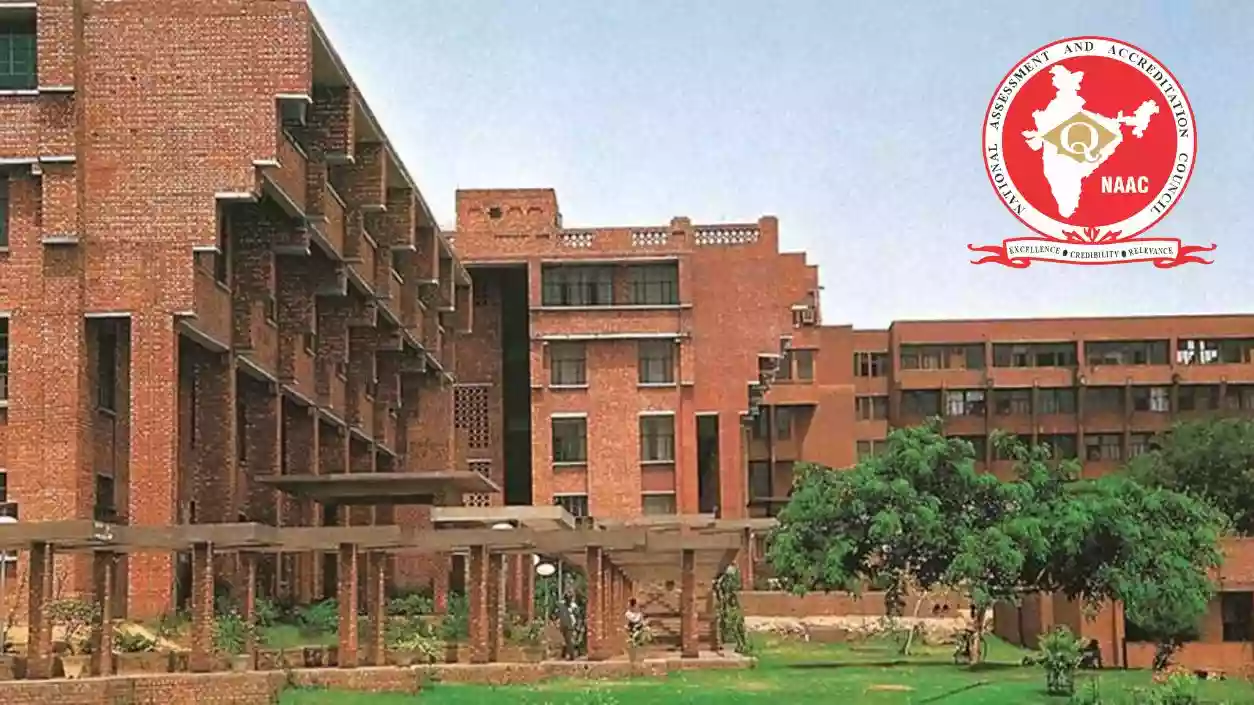.gif)
.gif)

Rajeev Sijariya, a professor at Jawaharlal Nehru University (JNU), was arrested by the Central Bureau of Investigation (CBI) in a bribery case linked to the National Assessment and Accreditation Council (NAAC). The case involves allegations that Sijariya, along with nine other individuals, facilitated a bribe from the Koneru Lakshmaiah Education Foundation (KLEF) in Andhra Pradesh in exchange for a favorable A++ accreditation rating. According to the CBI’s First Information Report (FIR), the NAAC inspection team initially demanded ₹1.8 crore for the A++ grade, but following negotiations, the amount was reduced to ₹28 lakh. Sijariya is accused of playing a central role in coordinating and facilitating this deal.
The bribe was allegedly distributed among the members of the NAAC inspection team, with ₹10 lakh requested for the chairman, ₹3 lakh for each of the six members, and additional perks such as a laptop and travel expenses for one member's wife. Sijariya is said to have initially demanded ₹1.3 crore for his involvement in preparing the inspection report but later settled for ₹28 lakh. His suspension from JNU followed a recommendation by a three-member committee. The suspension order, signed by JNU Vice-Chancellor Santishree Pandit, states that Sijariya has been "prima facie found to be involved in the corruption case related to allegations of bribery" and will remain suspended pending the outcome of the CBI inquiry and a departmental investigation.
Sijariya joined JNU in 2020 as a professor at the Atal Bihari Vajpayee School of Management and Entrepreneurship (ABVSME). His appointment occurred during the tenure of the former Vice-Chancellor M Jagadesh Kumar. In 2023, Sijariya’s term as the Dean of ABVSME was abruptly cut short following several accusations of undemocratic decision-making, conflicts with faculty, and instigating students against faculty members. His resignation came after these issues, with his tenure as Dean lasting less than two years.
The CBI's investigation into the bribery case has implicated several individuals, including Sijariya, Professor M Hanumanthappa from Bangalore University, and M S Shyamasundar, a NAAC adviser from Bengaluru. The investigation reveals that the NAAC inspection team had demanded ₹1.8 crore from KLEF to secure a higher NAAC rating of A++. After negotiations, the bribe was scaled down, with ₹28 lakh being accepted. The bribe was intended to inflate the institution’s rating, which is crucial for the university’s recognition and funding. The CBI has detained individuals in multiple locations across India, including Delhi and Andhra Pradesh, and continues its inquiry.
Sijariya holds a PhD in Management, specializing in Consumer Behavior, an MBA in Marketing and Human Resource Management, and an MSc in Physics (Electronics). He has more than 25 years of professional experience, including over two decades in academia and administrative roles. Before his appointment at JNU, he served in various leadership roles, including as Professor and Head of the Institute of Business Studies at CCS University, Meerut (2016-2020), and as Professor and Founder Director at the HR Institute of Science and Technology in Ghaziabad (2012-2016).
The University Grants Commission (UGC), which oversees NAAC, has expressed concern over the allegations. UGC Chairman M Jagadesh Kumar, who also heads the NAAC governing council, emphasized the commitment to maintaining integrity and transparency in the accreditation process. He assured that appropriate actions will be taken following legal procedures. The NAAC has also vowed to strengthen its accreditation procedures and prevent future incidents of this nature. The ongoing investigation, coupled with a departmental inquiry at JNU, will determine the full scope of the involvement of those implicated in the bribery scandal.